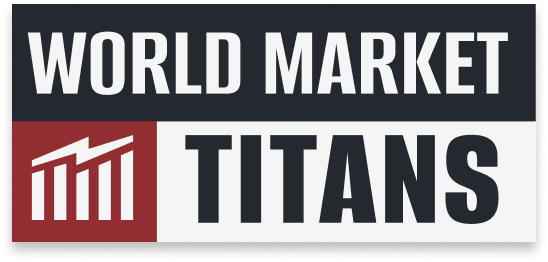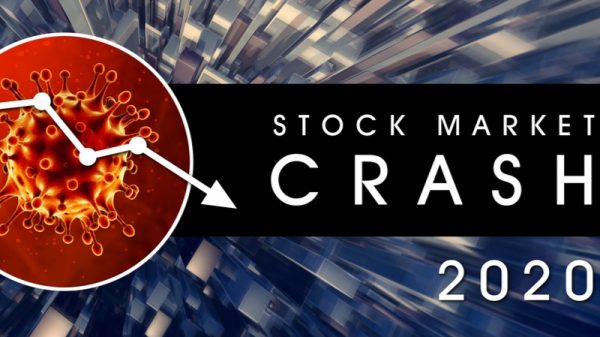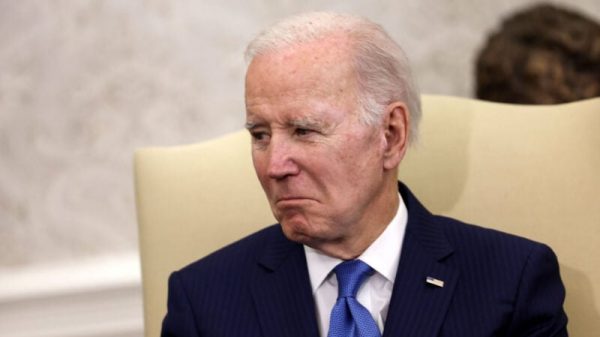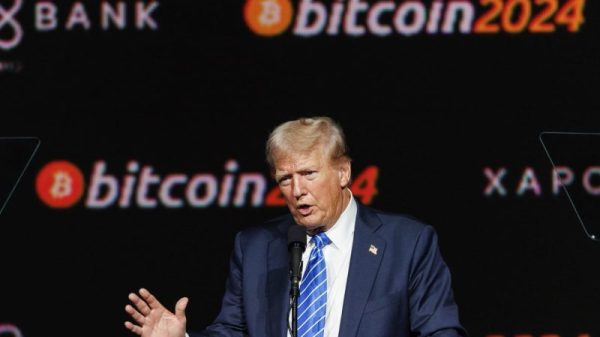After all, at their core, options are just contractual agreements between a buyer and seller to potentially do a transaction on a specific date. And the process that ensures that the transaction, or lack thereof, goes smoothly is called options settlement.
What is Option Settlement?
Options settlement is a fulfillment of the contractual conditions in an options contract. In other words, settlement ensures that the two parties to an options contract get what is owed to them.
But there are different types of options contracts. Luckily for us, in the listed options market, there are only two types of options: American-style and European-style. European options are cash settled, while American options settle physically.
This article will focus on the cash settlement process and how it works.
Cash Settlement in a Nutshell
A call option is the right to buy an asset at a specified price and date. This is a straightforward concept in theory, but in practice, complications arise.
For instance, there are options listed on the S&P 500 Volatility Index (VIX), but the VIX isn’t actually a tradable security. It’s simply a mathematically derived formula that other securities derive value from. You can’t go and buy a share of VIX.
So how does a call option on such an index work?
That’s where cash settlement and European options come in. Basically, cash-settled options don’t require the transfer of the underlying asset (which would be impossible in this case), and instead involve the direct transfer of cash between the two parties of the option contract.
For instance, let’s say we own a call option on the VIX index with a strike price of $19, and at expiration, the VIX index is at $22.50, making the intrinsic value of our call option $3.50 at expiration. So the seller transfers $3.50 to us at expiration, and no transference of VIX is required.
And this entire cash settlement process is handled by the Options Clearing Corporation (OCC), a clearinghouse, and both parties to the trade have their accounts debited or credited the correct amount.
Why Cash Settlement Is Better Than Physical Settlement
Cash settlement dramatically simplifies things for options traders. With the simple automatic cash transfer between parties settling things, traders can hold cash-settled options into expiration without issue.
On the other hand, Physically settled options can create all types of problems for traders. One of the biggest annoyances with physically settled options
For one, getting assigned early and being forced to buy or sell 100 shares of stock they had no interest in owning or having a short position in. And for this reason, traders of physically settled options always have to make sure they close their positions before expiration. Otherwise, they might end up owning shares of stock they don’t want.
Options Style: American vs. European Options
Remember, two distinct styles of options trade on listed markets: European and American.
And distinguishing between them is simple. If you’re trading an option on a stock or ETF, that is an American option.
Other types of options, like those listed on an index (like in our VIX example) or futures options, are primarily European options, with a few exceptions.
Regarding practical differences, there are really only two differences to note between American and European options: when they can be exercised and how they settle.
American Options
European Options
Can be exercised at any time prior to expiration
Can only be exercised at expiration
Physical settlement; actual transfer of underlying asset.
Cash settlement; intrinsic value is transferred in cash to the holder at expiration.
Examples of Cash Settled Options
Now let’s take a look at the different types of assets that have European or American-style listed options listed:
American Options
European Options
US stocks and ETFs (like AAPL and SPY)
Cash indexes (like VIX or SPX)
Most futures, with some key exceptions. Always check contract specifications on the exchange website.
A Common Misconception: European Options Do Trade on Exchanges
Many popular articles about the differences between American and European options report that European options tend to trade over-the-counter (OTC), while American-style options trade on exchanges. This is inaccurate.
For instance, S&P 500 Cash Index (SPX) options, which are options on the untradable cash index of the S&P 500, trade on the CBOE. Another example is most E-mini S&P 500 futures (/ES) options, which are also European-style and trade on the CME.
Bottom Line
To wrap things up, only European options are cash-settled. Cash settlement involves simply transferring the intrinsic value in cash at expiration. Examples of European options are those traded on indexes like the SPX or VIX, as well as most futures options. In contrast, all US stock options, like AAPL, MSFT, or SPY, are American-style and settle via physical delivery of shares.
Related articles
Option Settlement: The Basics
How Index Options Settlement Works
Can Options Assignment Cause Margin Call?
Assignment Risks To Avoid
The Right To Exercise An Option?
Options Expiration: 6 Things To Know
Early Exercise: Call Options
Expiration Surprises To Avoid
Assignment And Exercise: The Mental Block
Fear Of Options Assignment
Expiration Short Strategies


























